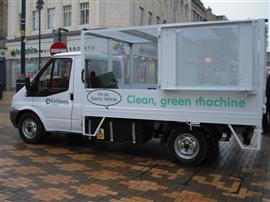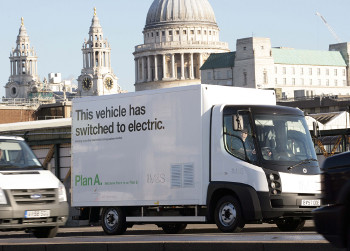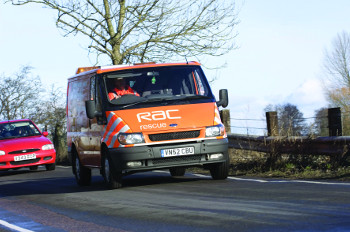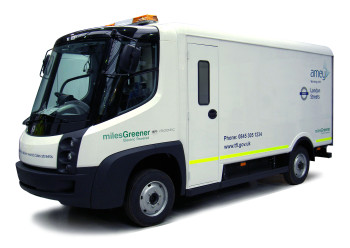A new report from the UK’s Renewable Fuels Agency, an independent body, has recommended that the adoption of biofuels be “significantly slowed” until measures are put in place to alleviate the unwanted side effects of biofuel production:
- Loss of agricultural land used for food production
- Possible increases in greenhouse gases
- Rising food commodity prices – particularly oil seeds in the UK (corn in USA, I believe)
The report’s most striking conclusion – and one that chimes with many environmental and poverty organisations’ findings – is that:
…there is a future for a sustainable biofuels industry but that feedstock production must avoid agricultural land that would otherwise be used for food production.
The report also concludes that there “sufficient land for food, feed and biofuels” but that biofuel production must target “idle and marginal land” and the use of “wastes and residue”. It notes that current [UK] policies are likely to lead to an increase in carbon emissions:
“…the balance of evidence shows a significant risk that current policies will lead to net greenhouse gas emissions”
Biofuels Contribute to Rising Food Prices
Just like the recent World Bank report, the RFA believes that biofuels are contributing to rising food prices but concludes that the net effects of biofuel production on food prices might stabilise and moderate over time.
Needless to say, the report concludes that those worst affected by the consequences of increased biofuel production are the poorest members of society – both in the UK and in countries of biofuel production.
A Successful Biofuel Industry Is Possible – But Must Be Regulated
The reports ultimate conclusion is that a sustainable, environmentally beneficial and responsible biofuel industry is possible – but that much greater regulation is required for this to be achieved.
It suggests that the current Renewable Transport Fuel Obligation (RTFO) policy in the UK should be amended so that biofuel content in road transport fuel is increased by no more than 0.5% per year from its current 2.5% level. This would leave it at a maximum of 5% by 2013/14 – against the current target of 5% by 2010.
The report also puts forward a suggested framework of regulation that would help shape the industry into an effective and sustainable force for emission reduction and ends by suggesting that short-term financial assistance should be provided to those worst affected by rising food prices, since these are at least partially the result of western governments’ ill-considered biofuel policies.
Note: It’s worth emphasising that the kind of biofuels causing the problems alluded to above are those produced from large-scale farming of oil seed (in the UK) and corn (for example) in the USA. Biofuel production from waste oil and other by-products is generally considered to make a positive contribution to greenhouse gas emission reduction and most independent experts agree that it should be fostered and encouraged.
 Huddersfield-based Kirklees Council has just become the organisation to run a van powered by the waste it collects!
Huddersfield-based Kirklees Council has just become the organisation to run a van powered by the waste it collects!


